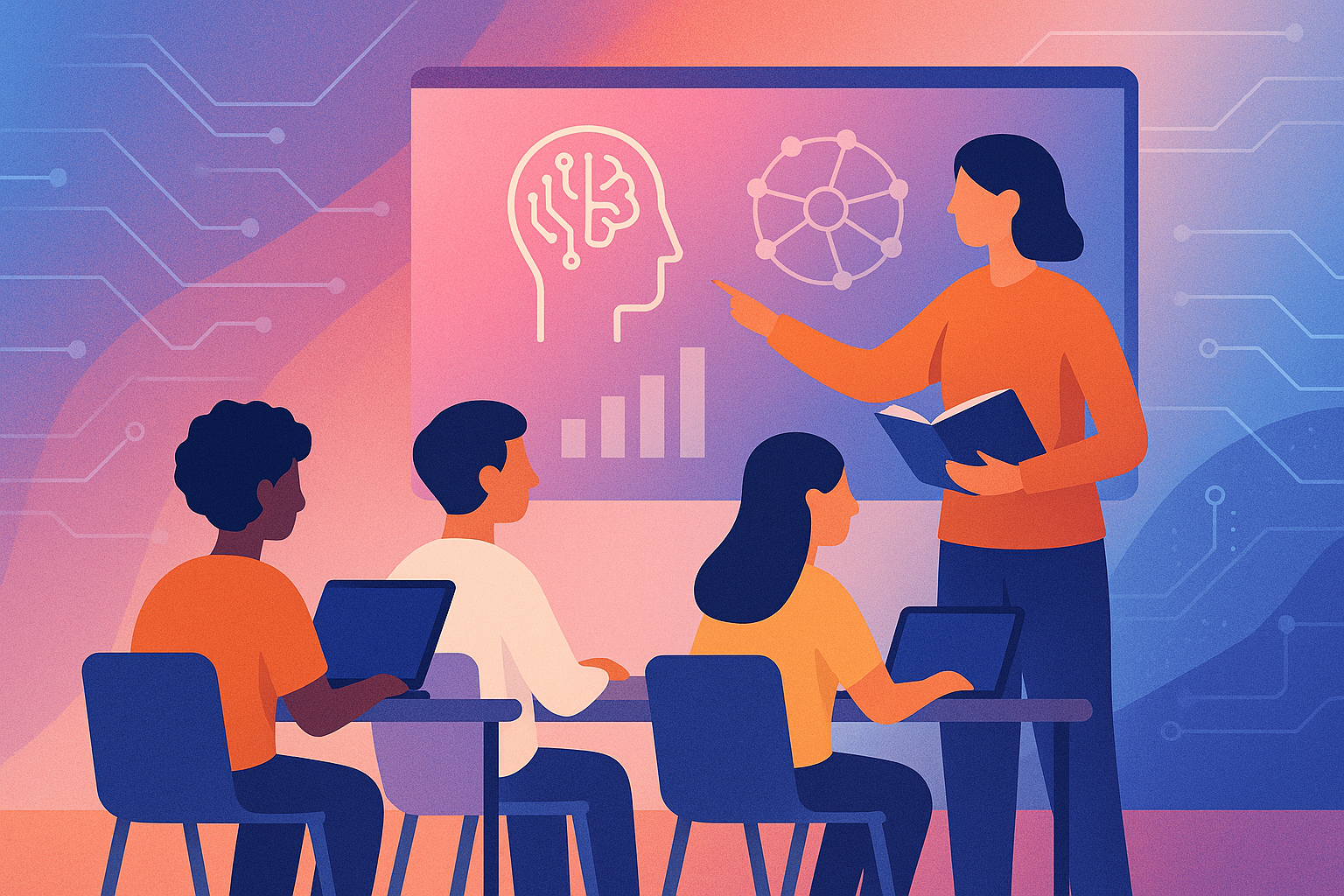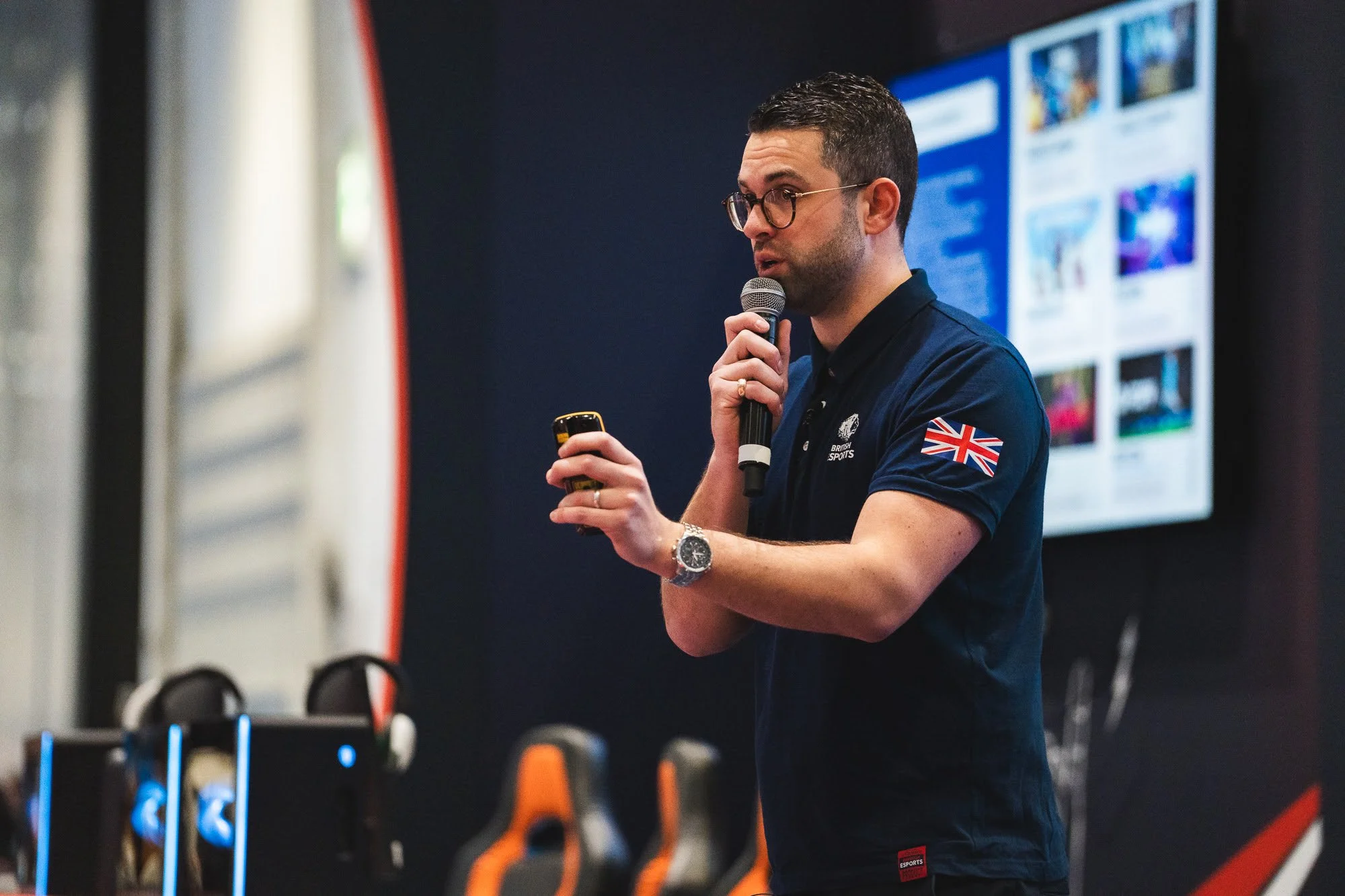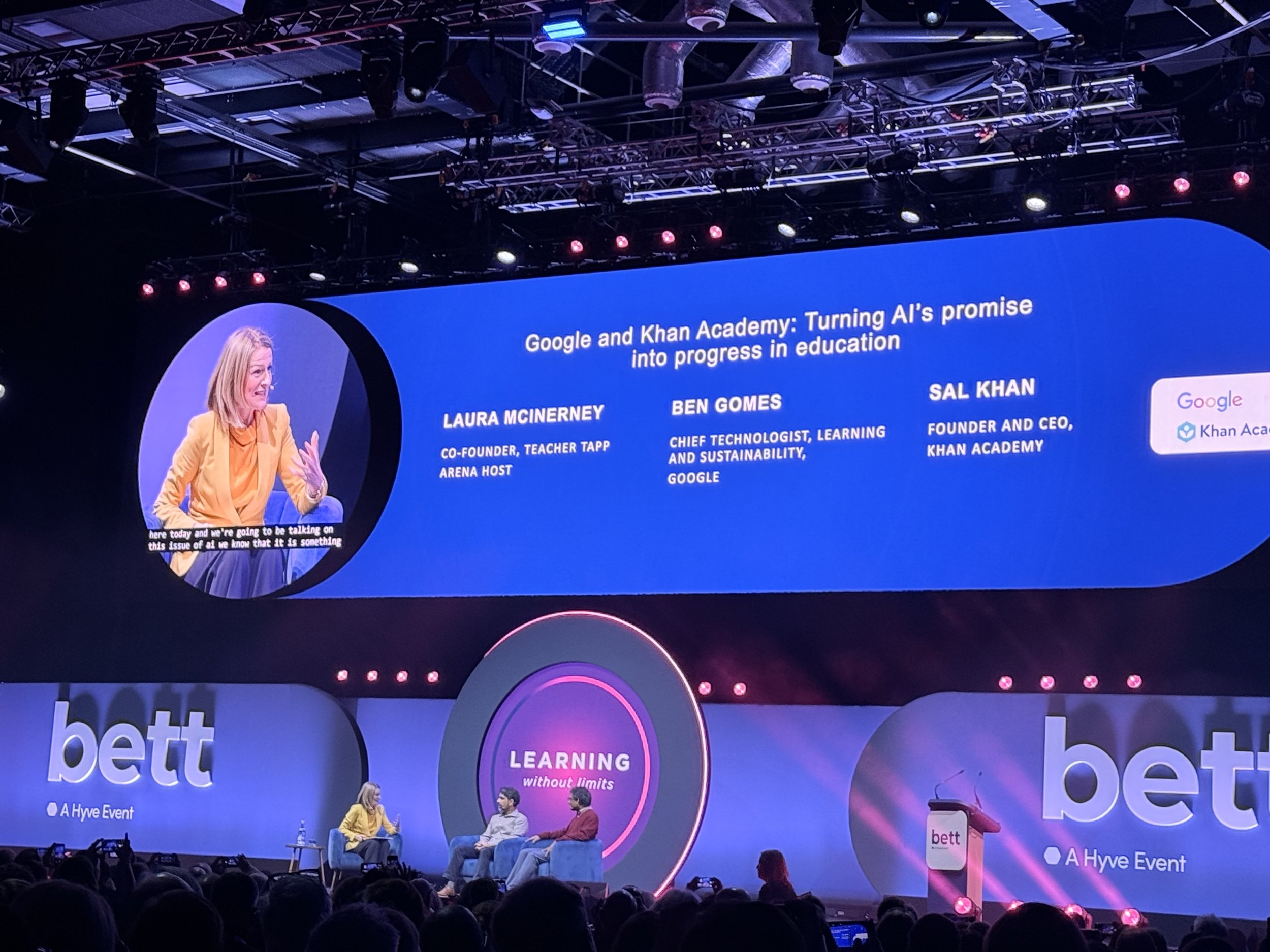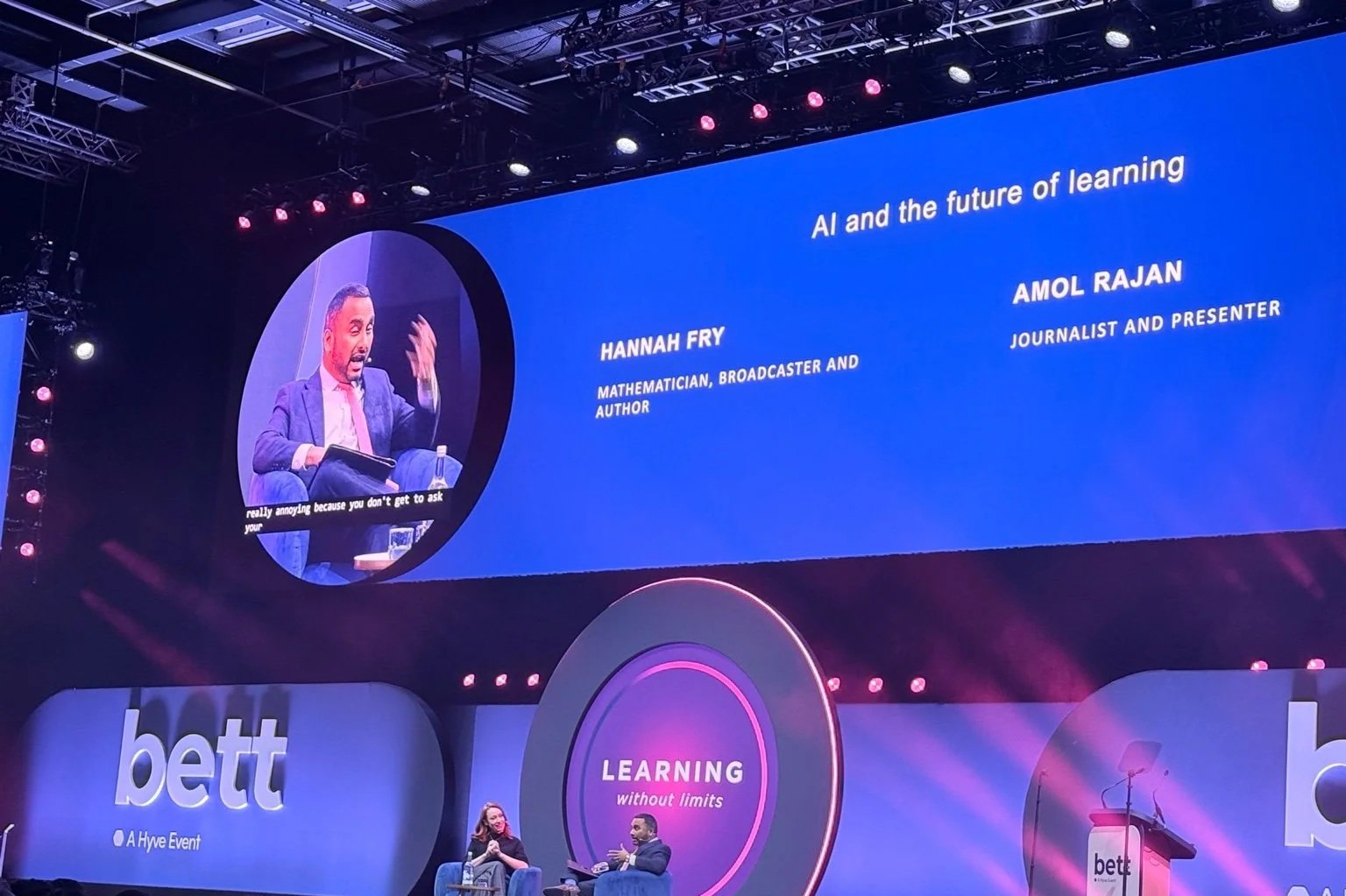England warned on AI education gap as new report from Tony Blair Institute calls for urgent reform
Tony Blair Institute report says schools must embed AI literacy, teacher training, parental support, and infrastructure investment to prepare students for the AI era.
The Tony Blair Institute for Global Change (TBI) has released a report warning that England’s education system is unprepared for the demands of an AI-driven economy.
The paper, Generation Ready: Building the Foundations for AI-Proficient Education in England’s Schools, argues that without rapid reform, young people will leave school lacking the skills required to compete in the global labor market.
TBI is a policy think tank founded by former UK Prime Minister Tony Blair, working internationally on governance, technology, and economic reform. Its latest analysis sets out a roadmap for AI proficiency in schools, drawing comparisons with countries such as Estonia, Singapore, South Korea, and Germany that are advancing national AI education strategies.
Global race for AI literacy
In a foreword to the report, Kristina Kallas, Estonia’s Minister of Education and Research, emphasized that AI integration in schools is already a global race. She wrote: “As policymakers, we must recognise that AI is no longer a distant prospect; it is already shaping the way our students learn. The question, therefore, is not whether AI will impact education, but how effectively we will harness its potential to empower learners and drive change.”
Estonia, which will introduce AI tools into classrooms this autumn through its “AI Leap 2025” initiative, views teacher training and governance structures as critical. Kallas noted the risk of “cognitive offloading,” where students use AI to bypass learning rather than deepen it, and stressed the need for pedagogy that emphasizes problem-solving, collaboration, and ethics.
The report places England within this international context, warning that countries embedding AI literacy at scale will secure long-term economic and social advantages.
AI literacy gap in England’s classrooms
The report highlights significant gaps in AI teaching across England. TBI-commissioned polling found that only one in five teachers reports anyone at their school teaches pupils what AI is or how it works. Just one in ten said AI is integrated into subject teaching.
Despite widespread informal use of generative AI among students — with more than 70 percent of secondary students using tools such as ChatGPT by late 2024 — structured, teacher-led guidance remains rare. As a result, many pupils turn to AI unsupervised, often misusing it to complete work rather than develop critical skills.
The report warns of a growing risk of “cognitive offloading,” with one in five pupils admitting to using AI to complete all their schoolwork. Without stronger support, it argues, AI risks undermining rather than enhancing student learning.
Teachers lack confidence and training
Teacher readiness is a central theme of the report. According to TBI polling, 43 percent of teachers rate their confidence in AI at just three out of ten, and 91 percent of those who use AI describe themselves as self-taught.
The report recommends establishing regional AI hubs, modeled on the existing maths hub network, to provide structured professional development and peer-to-peer learning. It also calls for fast-track pathways for “AI lead teachers” in every school, alongside a new National Professional Qualification in Leading AI and Digital Innovation for school leaders.
The proposed reforms would embed AI into the Teachers’ Standards and Early Career Framework, making AI competence a baseline requirement for the profession.
Parents unprepared to support AI learning
Parents and carers also face challenges. Almost one in four UK adults struggles with routine digital tasks, and government research shows most parents have only shallow knowledge of AI tools.
Attitudes to AI in schools are mixed: 29 percent of parents express positive views about their child using AI for schoolwork, while 38 percent are negative. Concerns include overreliance, data privacy, and the risk of widening inequalities.
The report recommends that every school publish a parental engagement plan on AI, supported by trained parent ambassadors to provide peer-to-peer advice, local demonstrations, and workshops.
Curriculum reform and AI proficiency
To prepare pupils for the AI economy, the report argues for comprehensive curriculum reform. Its proposals include:
Embedding foundational AI literacy into the primary curriculum from Key Stage 2.
A compulsory AI literacy module for all Year 7 pupils, covering concepts, applications, and ethics.
Reform of GCSE computer science to include applied AI and project-based assessments.
A new Certificate in Applied Computing for all pupils before leaving school, with modules on prompting AI, data literacy, and responsible use.
Treating AI as a cross-curricular competency, integrated into all subjects with assessable outcomes.
The report also calls for an independent statutory body to oversee curriculum reviews on a rolling cycle, avoiding politically driven changes and ensuring schools adapt to technological developments.
Human-centered skills and workforce readiness
Alongside technical skills, the report stresses the growing importance of human capabilities. Employers increasingly prize communication, problem-solving, and critical thinking, yet shortages are widespread.
TBI analysis found that 59 percent of UK job vacancies list critical thinking as a strong requirement, while more than half prioritize communication skills. However, the government’s Employer Skills Survey shows 43 percent of skills-shortage vacancies stem from a lack of complex analytical skills.
The report warns that without stronger development of these human-centered capabilities, England’s workforce risks being underprepared for roles that require AI-augmented decision-making.
Digital divide and infrastructure gaps
The report identifies digital infrastructure as a critical weakness. Just 68 percent of schools report reliable WiFi, and 34 percent of parents say their child lacks continuous access to a device at home.
This gap is reflected in school-level disparities. Independent schools are three times more likely than state schools to have an AI strategy, and students in disadvantaged schools are significantly less likely to be taught what AI is or how to use it.
The report recommends government-backed device access schemes, high-speed broadband for all schools, and partnerships with industry to refurbish and redistribute devices.
England at risk of falling behind
The report warns that without urgent action, England risks being overtaken by countries investing heavily in AI-ready education. South Korea is training all teachers in digital technology by 2026 with significant funding, while Singapore is embedding AI modules across primary and secondary education. Germany has launched a €5 billion program to upgrade school infrastructure and pedagogy, and Beijing is introducing tiered AI curricula from primary through senior secondary.
The comparative analysis shows England lagging both in investment and in the pace of curriculum and training reform.
Call for national strategy
The report concludes that piecemeal efforts will not be sufficient. Instead, it calls for a coordinated national strategy, combining curriculum reform, teacher training, parental engagement, and infrastructure investment.
It positions AI proficiency as a “universal entitlement,” warning that failing to act will deepen disadvantage gaps and undermine the UK’s economic competitiveness.
The final section states: “As this report makes clear, a bold, integrated package of reforms is needed: a reimagined curriculum that embeds AI proficiency deeply and broadly, a teaching workforce that is fully supported to lead this transformation, a national strategy that brings parents along as informed, empowered partners, and investment in reliable connectivity and digital-device access.
“Taken together, these reforms would not only prepare pupils to navigate an AI-driven world – they would give every young person the chance to lead, shape and thrive in it.
























